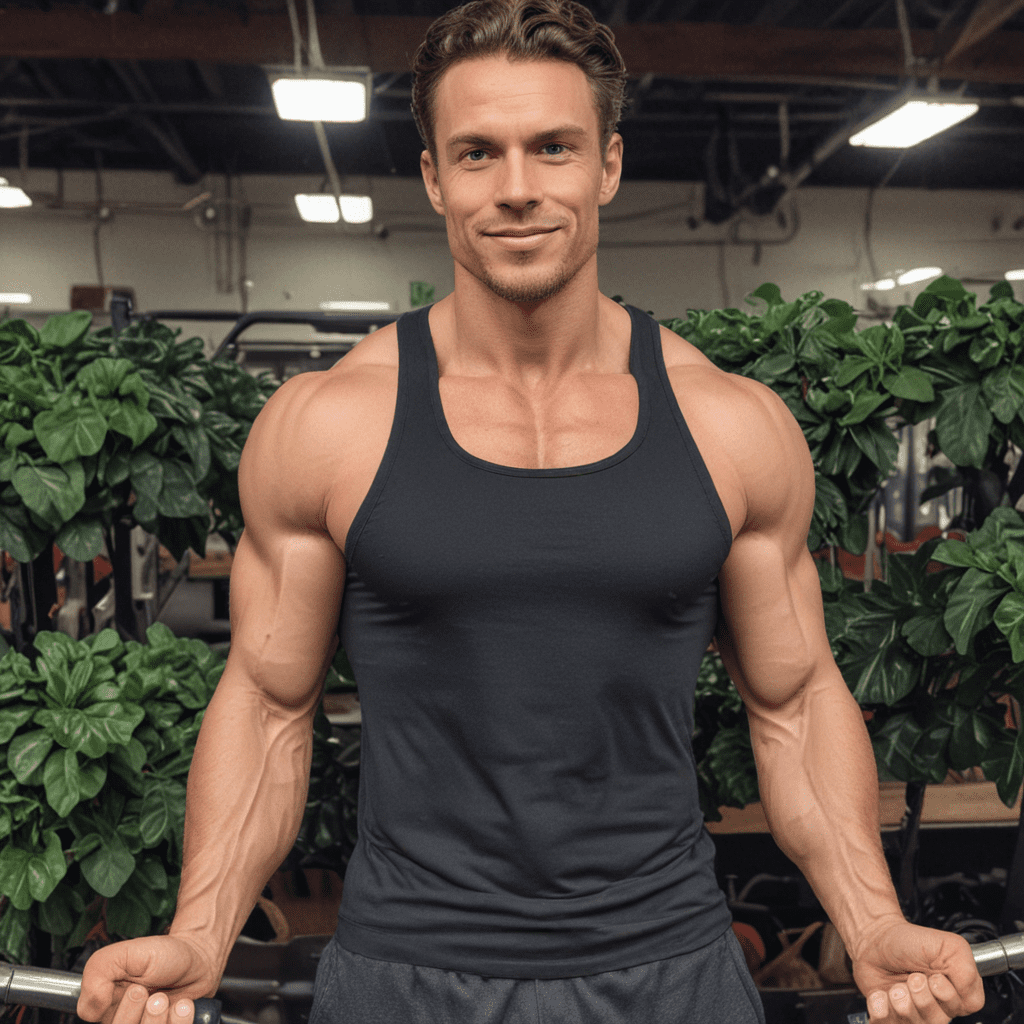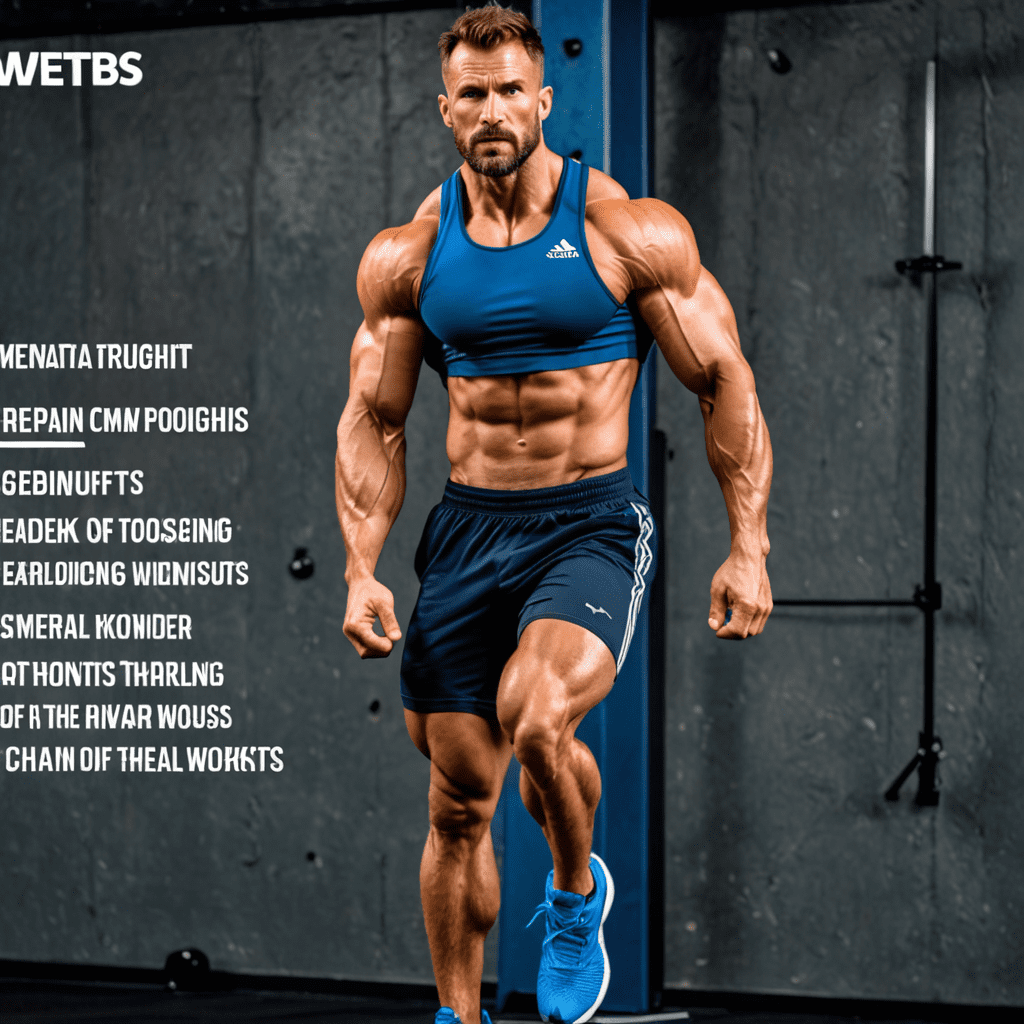
Building Muscles on a Plant-Based Regimen1. Introduction
1. Introduction
In the realm of fitness and bodybuilding, protein stands as the cornerstone nutrient for building and maintaining muscle mass. Traditionally, the focus has been on animal-derived protein sources. However, the rise of veganism has brought to light the potential of plant-based proteins for supporting muscle growth. This article delves into the intricacies of building muscles on a vegan diet, exploring the abundance of plant-based protein sources, daily protein requirements, and strategies for success.
2. Understanding the Importance of Protein for Muscle Growth
Protein serves as the building blocks of muscles. It is composed of amino acids, which are essential for repairing and synthesizing muscle tissue. During resistance exercises, such as weight lifting, muscle fibers are broken down, creating a need for protein to facilitate repair and growth. Consuming adequate protein ensures that the body has the necessary resources to support muscle development.
3. Plant-Based Protein Sources: Abundance and Diversity
The vegan diet offers a wide array of plant-based protein sources, including legumes (beans, lentils, peas), tofu, tempeh, seitan, nuts, seeds, and whole grains. Each source provides a unique amino acid profile, and combining different plant proteins throughout the day can help ensure a comprehensive intake of essential amino acids.
4. Daily Protein Requirements for Muscle Development
The recommended daily protein intake for vegan bodybuilders varies depending on factors such as body weight, activity level, and training intensity. Generally, it is recommended to consume 1.6-2.2 grams of protein per kilogram of body weight. For example, a 75 kg individual would need to consume 120-165 grams of protein per day.
5. Macronutrient Distribution in a Vegan Muscle-Building Diet
In addition to protein, a vegan muscle-building diet should also include sufficient carbohydrates and fats. Carbohydrates provide energy for intense workouts, while fats support hormone production and cell function. The ideal macronutrient distribution for vegan bodybuilders is typically 40-50% carbohydrates, 20-30% protein, and 20-30% fats.
6. Caloric Surplus: Supporting Muscle Growth
Building muscle requires a caloric surplus, meaning consuming more calories than the body burns. This excess energy provides the fuel necessary for muscle repair and growth. Vegan bodybuilders may need to increase their calorie intake by 300-500 calories per day to support their muscle-building goals.
7. Exercise Regimen for Optimal Muscle Hypertrophy
Progressive resistance training is essential for stimulating muscle growth. Vegan bodybuilders should focus on compound exercises that work multiple muscle groups simultaneously. Exercises such as squats, deadlifts, bench press, and pull-ups are highly effective for building muscle mass. Aim for 3-5 sets of 8-12 repetitions per exercise, with a rest period of 1-2 minutes between sets.
8. Supplement Considerations for Vegan Bodybuilders
While a well-planned vegan diet can provide all the necessary nutrients for muscle growth, certain supplements can be beneficial for vegan bodybuilders. Creatine monohydrate, a natural substance that supports muscle energy production, can enhance muscle growth and performance. Plant-based protein powders can also be a convenient way to increase protein intake.
9. Overcoming Common Challenges in Vegan Muscle Building
Vegan bodybuilders may face challenges such as difficulty meeting protein requirements, low iron levels, and vitamin B12 deficiency. To overcome these challenges, it is essential to consume a variety of plant-based protein sources, supplement with iron and vitamin B12 as needed, and consult with a registered dietitian or healthcare professional for personalized guidance.
10. Success Stories: Vegan Athletes who Excelled in Muscle Development
Numerous vegan athletes have successfully built impressive muscle mass and achieved athletic excellence. Patrik Baboumian, a German strongman, has held world records in powerlifting and bodybuilding. Torre Washington, an American bodybuilder, has won multiple natural bodybuilding competitions while following a vegan diet. These success stories demonstrate that a plant-based lifestyle is compatible with building and maintaining muscle mass.
FAQ: Frequently Asked Questions on Vegan Muscle Building
Can vegans build as much muscle as meat-eaters?
Yes, vegans can build as much muscle as meat-eaters with proper nutrition and training. Plant-based diets provide abundant protein and other essential nutrients to support muscle growth.
Is it difficult to get enough protein on a vegan diet?
No, getting enough protein on a vegan diet is not difficult. There are numerous plant-based protein sources available, including legumes, tofu, tempeh, seitan, nuts, seeds, and whole grains.
Do vegan bodybuilders need to supplement with protein powder?
Supplementation with protein powder is not necessary for all vegan bodybuilders, but it can be a convenient way to increase protein intake. Plant-based protein powders are available and can be added to smoothies, oatmeal, or other foods.

